Traffic Signal Light
9500.00 INR/Piece
Product Details:
- Color multi color
- Frequency 50 Hz or 60 Hz Hertz (HZ)
- Product Type setety traffic light
- Temperature Range -10 DegreeC to +70 DegreeC. Celsius (oC)
- Alarm NO
- Dimension (L*W*H) 5,3,2 Inch (in)
- Usage Road, Construction, Parking
- Click to View more
X
Traffic Signal Light Price And Quantity
- 9500.00 INR/Piece
- 1 Piece
Traffic Signal Light Product Specifications
- Red
- 3 Kilograms (kg)
- Plastic Polycarbonet
- Yes
- Electricity
- No
- 230v Volt (V)
- multi color
- Automatic
- 50 Hz or 60 Hz Hertz (HZ)
- Traffic Signal Lights
- 5,3,2 Inch (in)
- Road, Construction, Parking
- setety traffic light
- -10 DegreeC to +70 DegreeC. Celsius (oC)
- NO
Traffic Signal Light Trade Information
- 1
- Cash in Advance (CID)
- 10 Piece Per Month
- 10 Days
- No
- If order is confirmed we will reimburse the sample cost
- parfact packing
- Asia
- All India
- traffic light
Product Description
Basic Details of Traffic Signal Lights
1 Purpose
Regulate Traffic Flow To manage traffic at intersections and pedestrian crossings helping avoid accidents and congestion
Ensure Safety Signal lights help prevent collisions by giving clear instructions to drivers and pedestrians
Enhance Traffic Efficiency By controlling when vehicles and pedestrians can move traffic signals improve the overall flow of traffic
Pedestrian Management Some traffic signals are specifically designed to manage pedestrian traffic by providing Walk and Dont Walk signals
2 Key Features
Standard Colors
Red Stop Indicates that vehicles or pedestrians must stop
Green Go Indicates that it is safe for vehicles or pedestrians to move forward
Yellow Amber CautionSlow Down Signals that the light is about to change to red advising vehicles to slow down and prepare to stop
Flashing Red or Yellow Often used to signal caution or as part of special traffic control eg at a malfunctioning signal or during specific conditions
Signal Modules
LED Light Emitting Diode Technology Most modern traffic signal lights use LED technology which is energyefficient durable and provides brighter visibility
Incandescent Bulbs Older traffic signal systems used incandescent bulbs but these are less efficient and have been largely replaced by LEDs
Visibility Signal lights are designed to be clearly visible from a distance day or night They include features like sunshielding and are often equipped with reflective materials for improved visibility in low light or foggy conditions
Sensors Timers Modern traffic lights may include sensors eg inductive loops cameras or infrared sensors to detect vehicle presence adjusting the light cycle dynamically based on realtime traffic flow Additionally timers can manage the duration of each light cycle
Pedestrian Signals These often include symbols such as a walking person or a hand in addition to the standard colors to indicate pedestrian crossing times
3 Types of Traffic Signals
Fixed Time Traffic Signals The signal changes at predefined intervals regardless of traffic conditions These are the most common type of signals in lowtraffic areas
VehicleActivated Signals These are triggered by the presence of vehicles often using sensors embedded in the road They allow for more efficient traffic flow especially during offpeak hours
Adaptive Traffic Signals Use realtime data from sensors or cameras to adjust signal timings dynamically based on traffic conditions optimizing traffic flow across multiple intersections
Pedestrian Traffic Signals Special signals designed for pedestrian crossings which may include countdown timers or specific pedestrian symbols to ensure safety at intersections
4 Applications
Intersections The most common application for traffic signals is at road intersections where vehicle and pedestrian traffic must be carefully managed
Pedestrian Crossings Special signals at crosswalks to ensure pedestrians can cross safely
Highways Toll Roads Traffic signals may be used for onramp management exit ramps and areas requiring lane changes or merges
Railroad Crossings Some traffic signals are used in conjunction with railroad gates to warn drivers when a train is approaching
Emergency Vehicle Signals In some cities special signals are used to give priority to emergency vehicles police fire ambulance when they approach intersections
5 Advantages
Increased Safety Reduces the risk of accidents by clearly guiding drivers and pedestrians on when to stop or go
Traffic Management Helps control traffic flow reducing congestion especially at busy intersections
Energy Efficiency Modern LED traffic signals are low energy consumers reducing maintenance costs and electricity usage
Pedestrian Safety Ensures pedestrians cross streets safely reducing the risk of accidents at busy intersections
Adaptability Can be adjusted or controlled remotely to optimize traffic flow especially in cities with variable traffic conditions
6 Maintenance
Regular Checks Traffic signal lights must be regularly checked to ensure proper function and visibility including replacing faulty bulbs or LEDs cleaning lenses and ensuring sensors are working correctly
Upgrades Over time older systems may need to be replaced with newer technologies such as adaptive signal systems or LED lights for improved efficiency and safety
Malfunctioning Signals In the event of malfunction eg the signal stays on red for too long traffic management authorities typically implement temporary measures eg flashing lights or manual traffic control until the issue is resolved
7 Smart Traffic Signal Systems
Interconnected Signals Modern cities often use smart traffic management systems where traffic signals are networked and can communicate with each other to adjust signal timings across an entire network of intersections
DataDriven Control These systems may incorporate realtime data from traffic cameras sensors or GPS to dynamically change traffic lights and optimize overall traffic flow
Tell us about your requirement

Price:
Quantity
Select Unit
- 50
- 100
- 200
- 250
- 500
- 1000+
Additional detail
Mobile number
Email

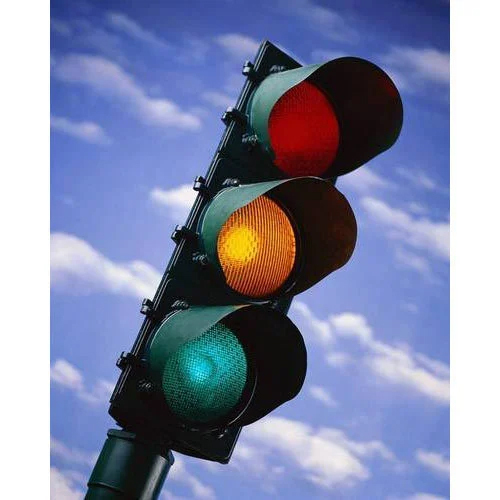
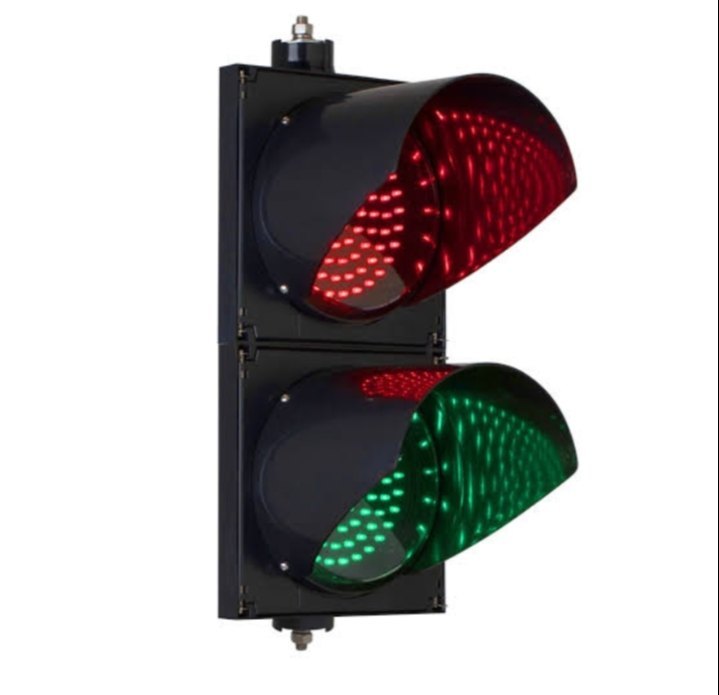
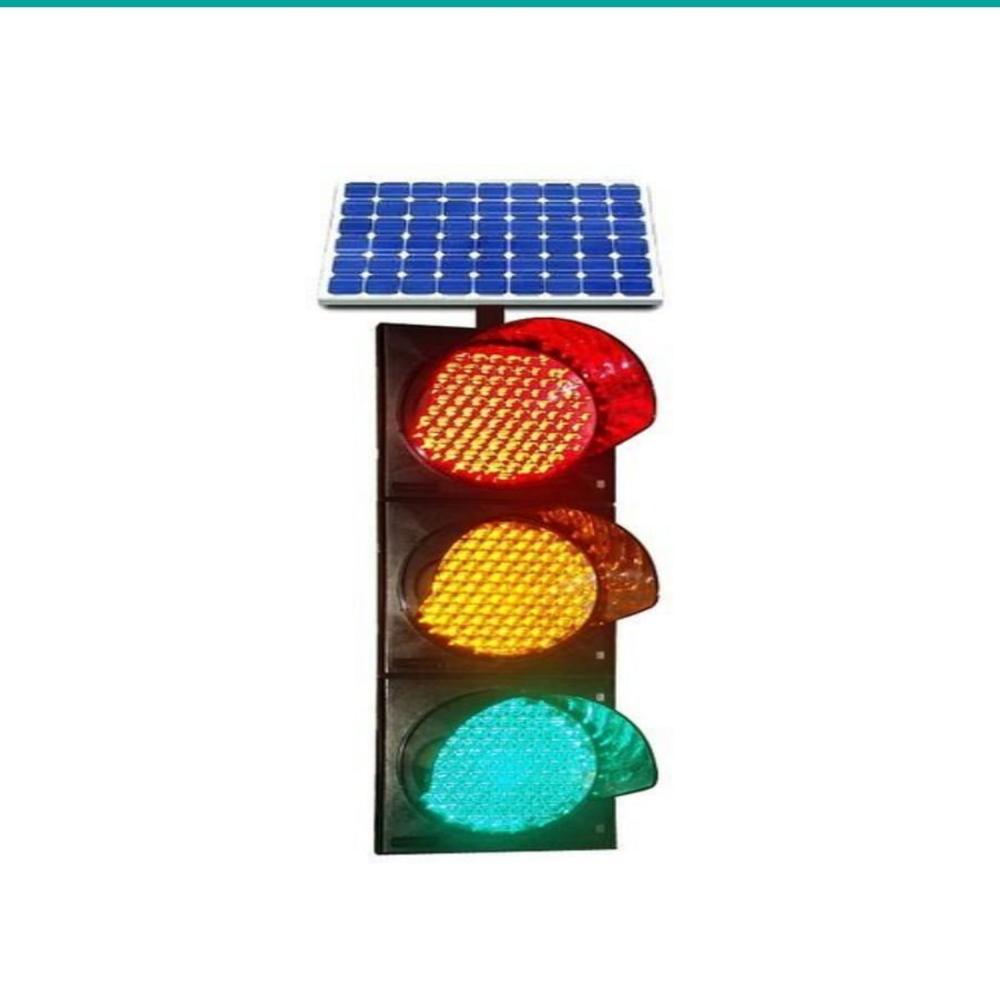



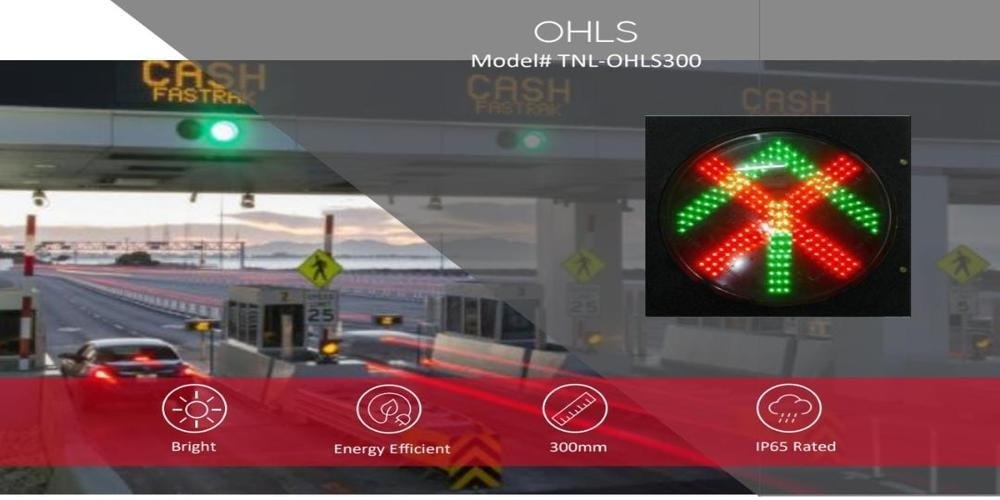
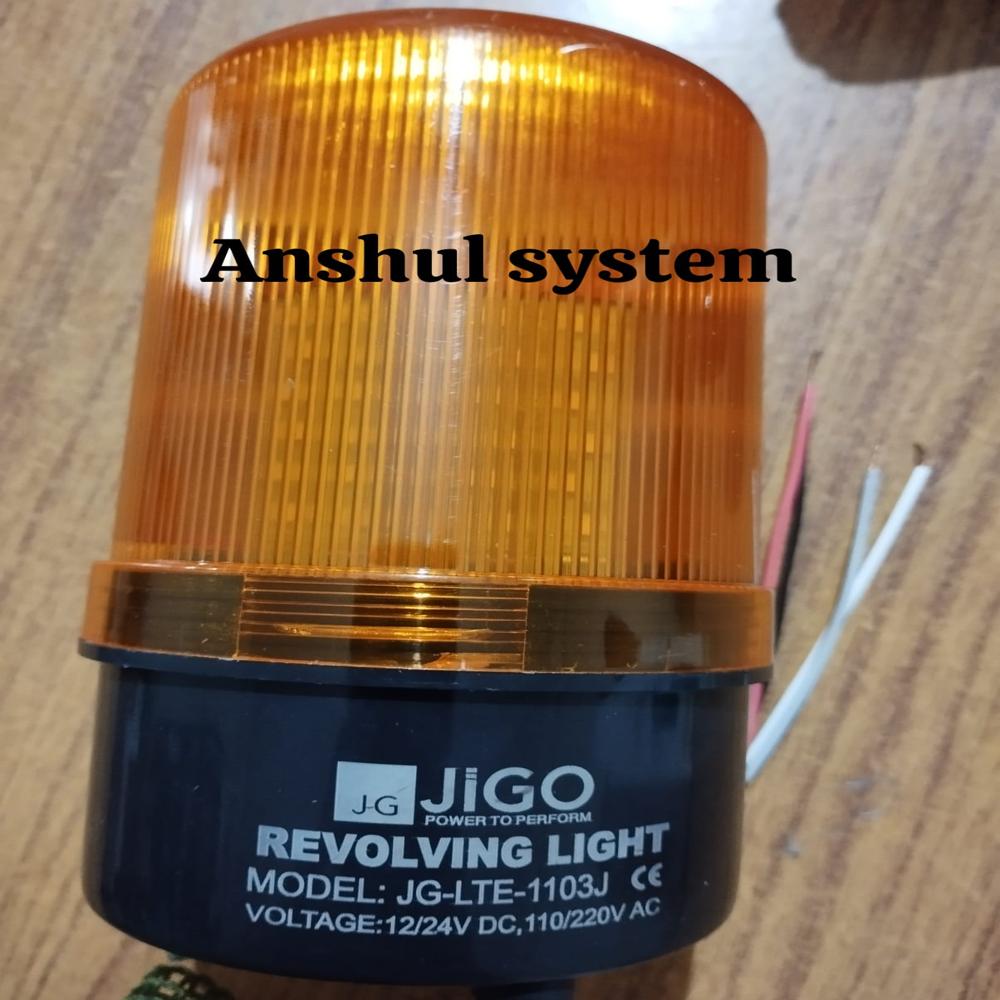
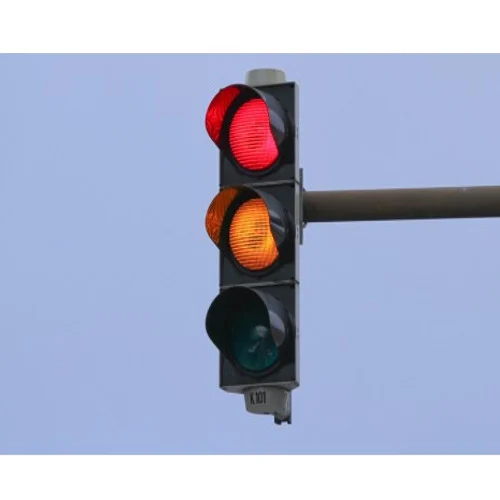
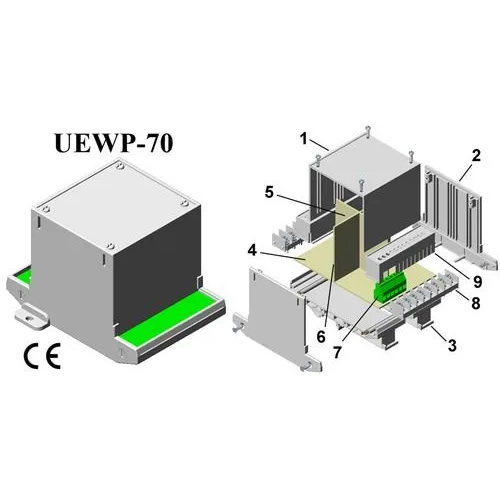


 Send Inquiry
Send Inquiry Call Me Free
Call Me Free